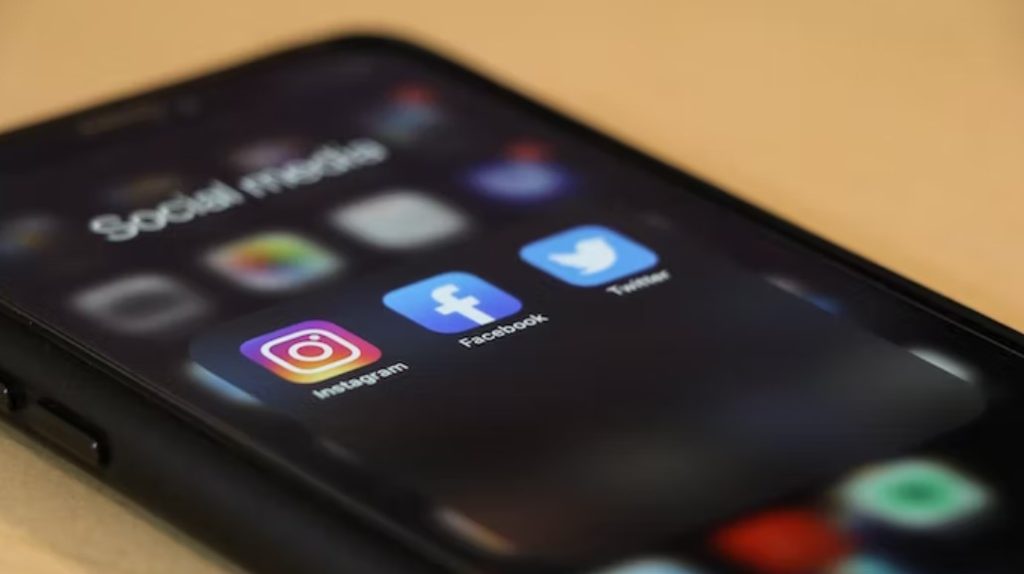With virtual events gaining more popularity, there’s a need for effective marketing channels to ensure brands can reach and engage with their audiences to encourage participation.
While you can use email and Google ads for your virtual event marketing efforts, social media is arguably the best channel. Platforms like Facebook, Twitter, TikTok, and LinkedIn showcase brands with lots of opportunities to enhance engagement, expand reach, improve brand awareness and keep attendees informed about new products and services.
You need a deep understanding of your audience, a range of strategies, and plenty of preparation to ensure participation and engagement with the event reach maximum potential.
This post will cover some tactics and techniques to utilize social media for virtual event marketing more effectively.
Social Media Hashtags for Virtual Event
Almost all social media platforms, including Twitter, Instagram, TikTok, and Pinterest, support hashtags. These tools present you with a great way to keep your audience hooked.
Whenever you use them within your post, you increase the chances of that post being discovered by people outside your targeted audience. Therefore, hashtags are crucial when promoting your virtual event on social media. Of course, you need to create unique and effective hashtags and attach them to exciting posts that resonate with your prospects.
Besides that, you can use the shape creator by Vista to ensure your promo visuals stand out and get noticed by potential customers.
Social Listening

It’s also vital to listen to the conversation on social media, especially concerning your upcoming virtual event that involves your industry. As such, you can take part in those discussions.
If a prospect or potential customer introduces a topic relevant to your virtual event or brand, join the conversation and try to be as helpful as possible. For instance, you can answer questions without mentioning your brand. This shows you genuinely are interested in helping people without a hidden agenda.
But in instances where the answer to the question lies with one of your articles or upcoming events, you can provide a link and explain how it might benefit them. Avoid being overly persuasive, as it may come across negatively.
Have A Framework for Virtual Event Marketing
The above techniques can help you reach a larger audience beyond your existing one, but it’s also important to have a system and pattern for uploading your posts.
All social media networks use algorithms to identify posts on your feed. This can depend on your followers, your affinity towards them, and your engagement with their posts.
A framework allows you to leverage these algorithms to strategically place your most important post (the ones with a call to action to your virtual event) where potential customers can see and engage.
Leverage Different Social Media Platforms

Don’t direct all your virtual event marketing efforts toward one social media platform. Utilize different platforms since each one offers you a unique set of opportunities and benefits.
For example, you can use the Facebook event for free to count RSVPs for your virtual event or direct potential attendees to a separate RSVP page.
As for LinkedIn Groups, you can market a cooperative or business-oriented virtual event. The groups provide a space for discussions, questions, and engagement with a diverse group of prospects.
Closing Thoughts
The more you use social media for virtual event marketing, the more attendance you will enjoy at the next event. Your audience engagement in virtual events will also improve, as well as the brand’s reach, strengthening brand awareness.
While virtual event marketing requires time, experience, and effort, you can leverage the power of social media to ensure the success of your event. All you need to do is a plan and use the above techniques correctly.
So, give your upcoming corporate or virtual business events a sprinkle of social media magic!


[…] Also Read: How To Use Social Media for Virtual Event Marketing […]